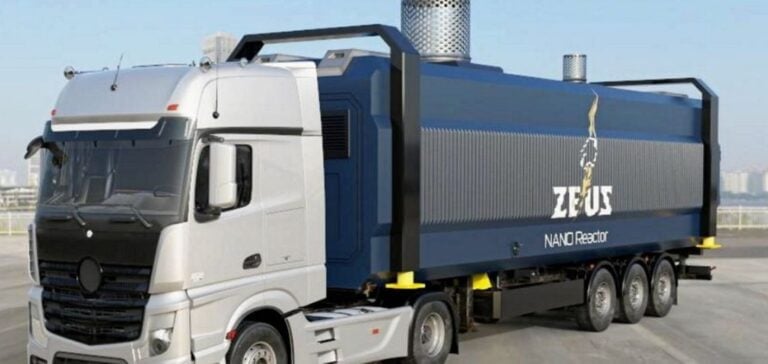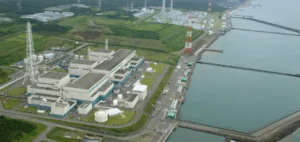U.S.-based company NANO Nuclear Energy Inc. has announced the appointment of Dr. Seth Berl, an experimental atomic physicist, as an independent member of its board of directors. The new board member brings nearly two decades of experience at the intersection of emerging technologies and public policy, particularly in the energy sector.
Combined government and industrial expertise
Seth Berl currently serves as Global Chief Technologist for Government Technologies at Intel Corporation. Previously, he held the role of Deputy Chief Data Officer at the United States Department of Energy (DOE), where he led the federal data strategy focused on artificial intelligence and operational efficiency.
His career also includes senior positions in the private sector, notably as Chief Technology Officer at GovSmart, Inc., a company providing technology solutions to federal and commercial clients. He also founded a technology consulting firm serving multiple Fortune 500 companies.
Strategic support for company growth
In a statement released on June 5, Jay Yu, Founder and Chairman of NANO Nuclear, stated that Seth Berl’s expertise in high-performance computing, artificial intelligence, and government data systems would bring substantial value to the company. He noted that Berl’s multidisciplinary background would help accelerate the implementation of ongoing advanced nuclear projects.
James Walker, Chief Executive Officer of NANO Nuclear, added that the appointment strengthens the company’s credibility with institutional stakeholders. He explained that Berl’s knowledge of complex programmes and federal regulatory processes would be critical in developing new collaborations.
A technical career focused on critical infrastructure
Throughout his career, Seth Berl has contributed to initiatives involving U.S. agencies such as the Department of Defense, NASA, the Defense Advanced Research Projects Agency (DARPA), the Department of Health, and the National Science Foundation. His technical expertise spans areas from embedded systems to cybersecurity, including tactical networks and satellite communications.
He holds a Ph.D. and M.A. in Experimental Atomic Physics from the University of Virginia, and dual B.S. degrees in Electrical Engineering and Physics from Old Dominion University.






















